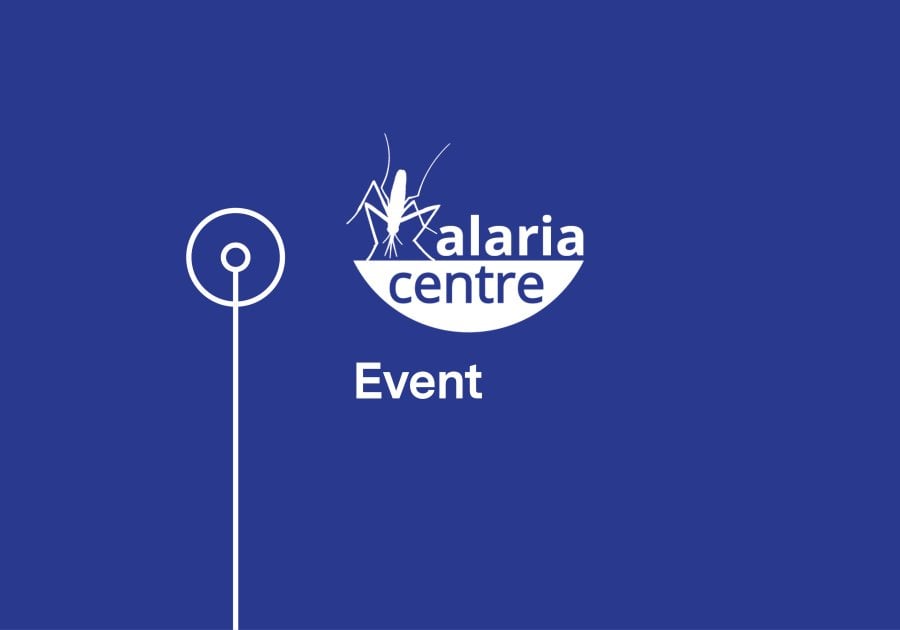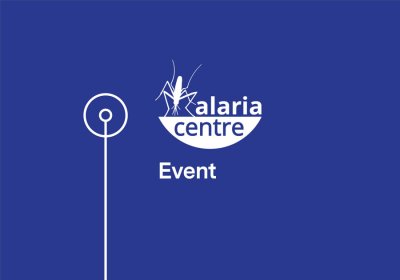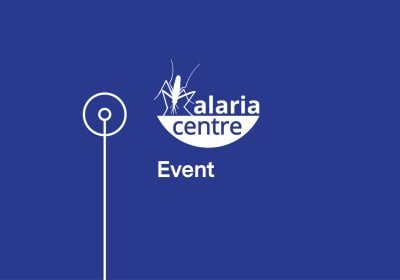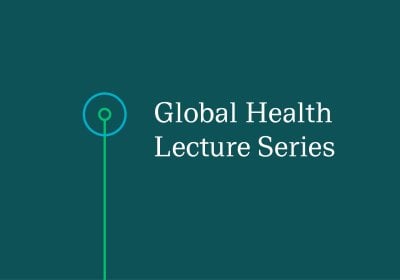Preventing malaria in pregnancy and early childhood through implementation science
Exploring the prevention of malaria in pregnancy and early childhood

In 2022, there were 249 million malaria cases globally that led to 608,000 deaths in total. Of these deaths, 76 per cent were children under 5 years of age. In addition, it is estimated that 12.7 million pregnant individuals were exposed to malaria infection. To avert the consequences to women and children of malaria infection, WHO recommends the use of intermittent preventive treatment of malaria with sulfadoxine-pyrimethamine. In pregnant individuals, intermittent preventive treatment of malaria is delivered at each scheduled antenatal care clinic visit from the second trimester of gestation onwards; while in children, WHO recommends its administration alongside routine immunizations through the Expanded Programme on Immunization (EPI).
Several challenges jeopardize the use of intermittent preventive treatment of malaria both in children and pregnant individuals. Despite intermittent preventive treatment of malaria in pregnancy (IPTp) being a highly cost-effective strategy, its coverage remains unacceptably low. In 2015, coverage of three doses of IPTp was estimated at 31%. With regard to intermittent preventive treatment of malaria in infants (IPTi), despite WHO recommends this strategy to control the infection in infants since 2015, by 2021, only Sierra Leone had implemented it nationwide.
With the aim to catalyze the implementation and increase the coverage of both strategies, two implementation science projects were deployed. The Transforming IPT for Optimal Pregnancy (TIPTOP) project aimed to introduce and implement delivery of IPTp through community health workers. Additionally, the MULTIPLY (MULTIple doses of IPTi Proposal: a Lifesaving high Yield intervention) was deployed to promote IPTi implementation. During this seminar, the design and results of both projects will be presented.
Speaker
Antía Figueroa-Romero
Antía Figueroa-Romero holds a Master of Pharmacy and a Master of Global Health (University of Barcelona). Currently, she works as a predoctoral researcher and a junior epidemiologist in several projects aiming to prevent malaria in pregnancy and early childhood in the Maternal, Child and Reproductive Health Initiative at the Barcelona Institute for Global Health (ISGlobal). During the past years, she has also worked as a study field coordinator in studies focused on COVID-19 in pregnancy.
Event notices
- Please note that you can join this event in person or you can join the session remotely
- Please note that the recording link will be listed on this page when available.
Admission
Contact


